Training
Having a skilled and confident workforce is crucial to the delivery of meaningful and effective arts in health interventions.
Many arts organisations and practitioners are innovating in this space to address the needs of their participants and programmes. There remain, however, real opportunities for coordinated and collaborative development of training. This includes skills development in safeguarding of vulnerable communities and service users, safe and effective digital provision and digital literacy and access among participants. Such training would also creates opportunities for those with lived experience as service users to collaborate as professionals in this field and enter the creative workforce.
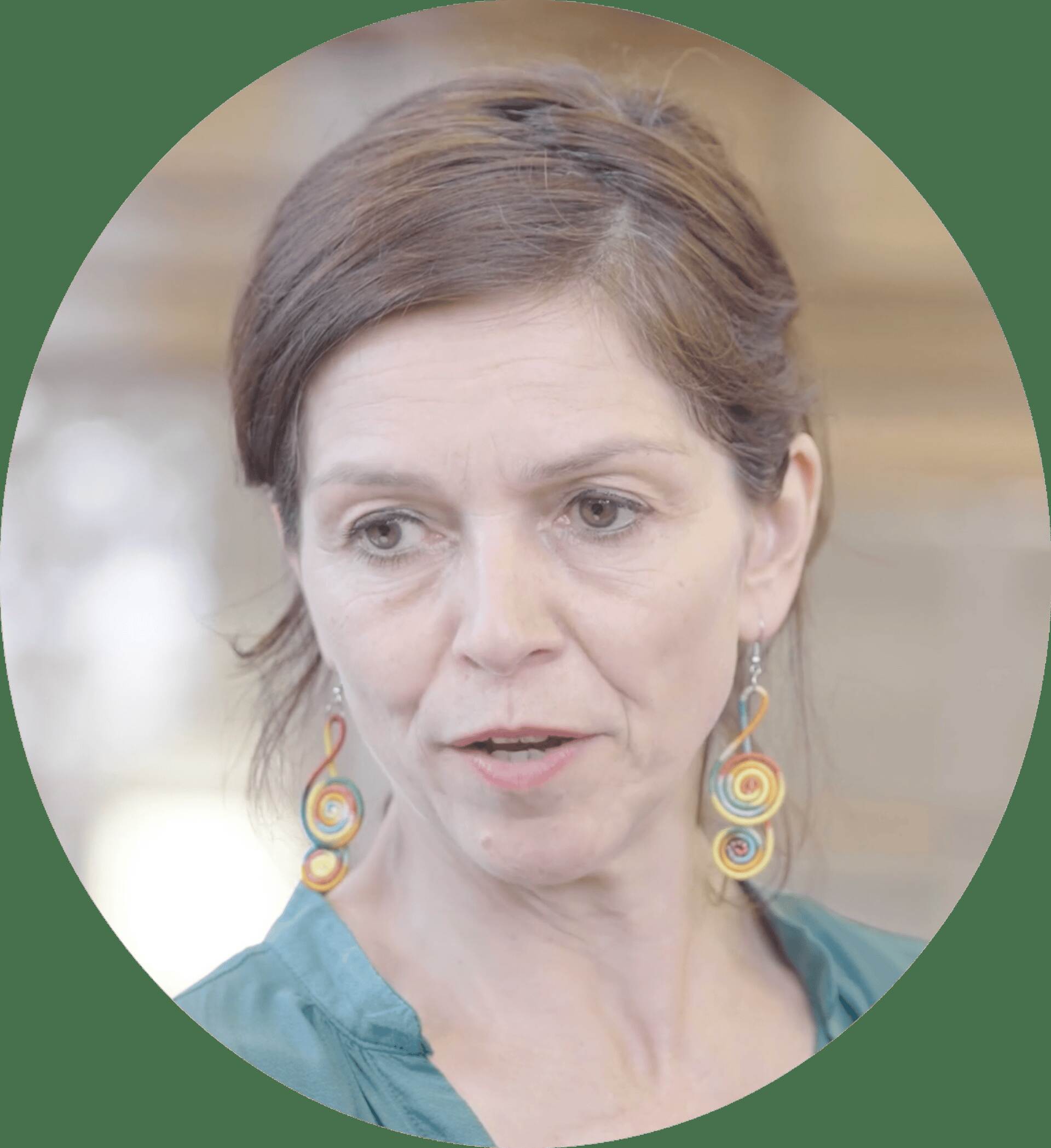
Insight from experience
Reflect, reshape, remap, and grow together
Cellist and music and health practitioner Georgina Aasgaard spoke with us about her extensive practice as a musician developing and delivering arts in health interventions. Georgina has worked in a variety of settings to deliver non-clinical interventions including a range of programmes facilitated by a long-term partnership between the Royal Liverpool Philharmonic (RLP) and Mersey Care NHS Foundation Trust.
Unless you train as a music therapist or art therapist, [currently] there are no accredited courses in arts and health that formalise the role of a practitioner in a health setting. I think this is due to the lack of evidence-based practice. My own training has been solely through practice, reflexivity and reading the work of others.
-Georgina Aasgaard, Music and Health Practitioner
Examples and evidence
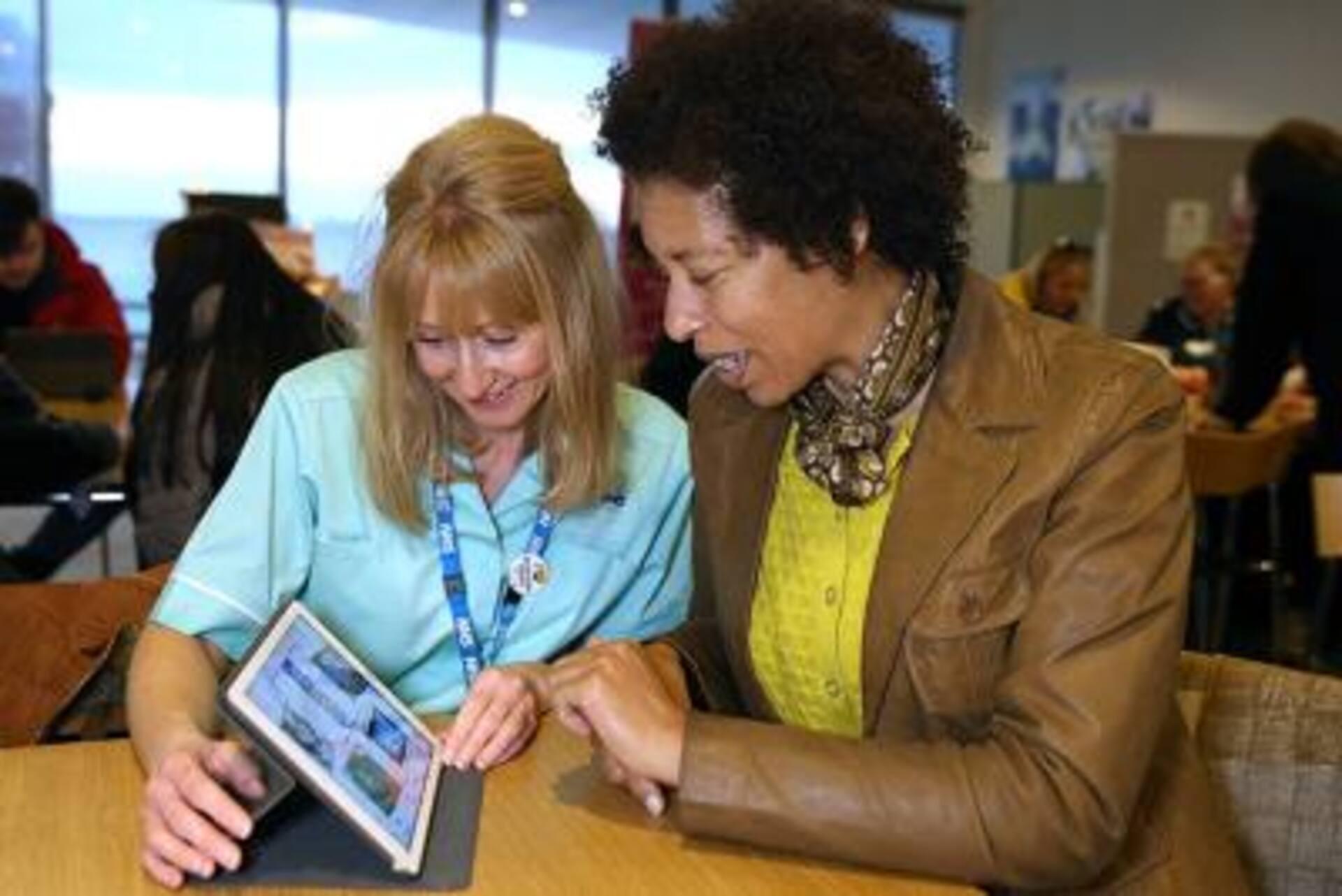
House of Memories Training
A collection of dementia training resources and courses from the House of Memories team designed to develop awareness and support person-centred care. These include an online dementia awareness course, workshops for health and social care providers as well as family and friends, and bespoke options for those in other sectors.
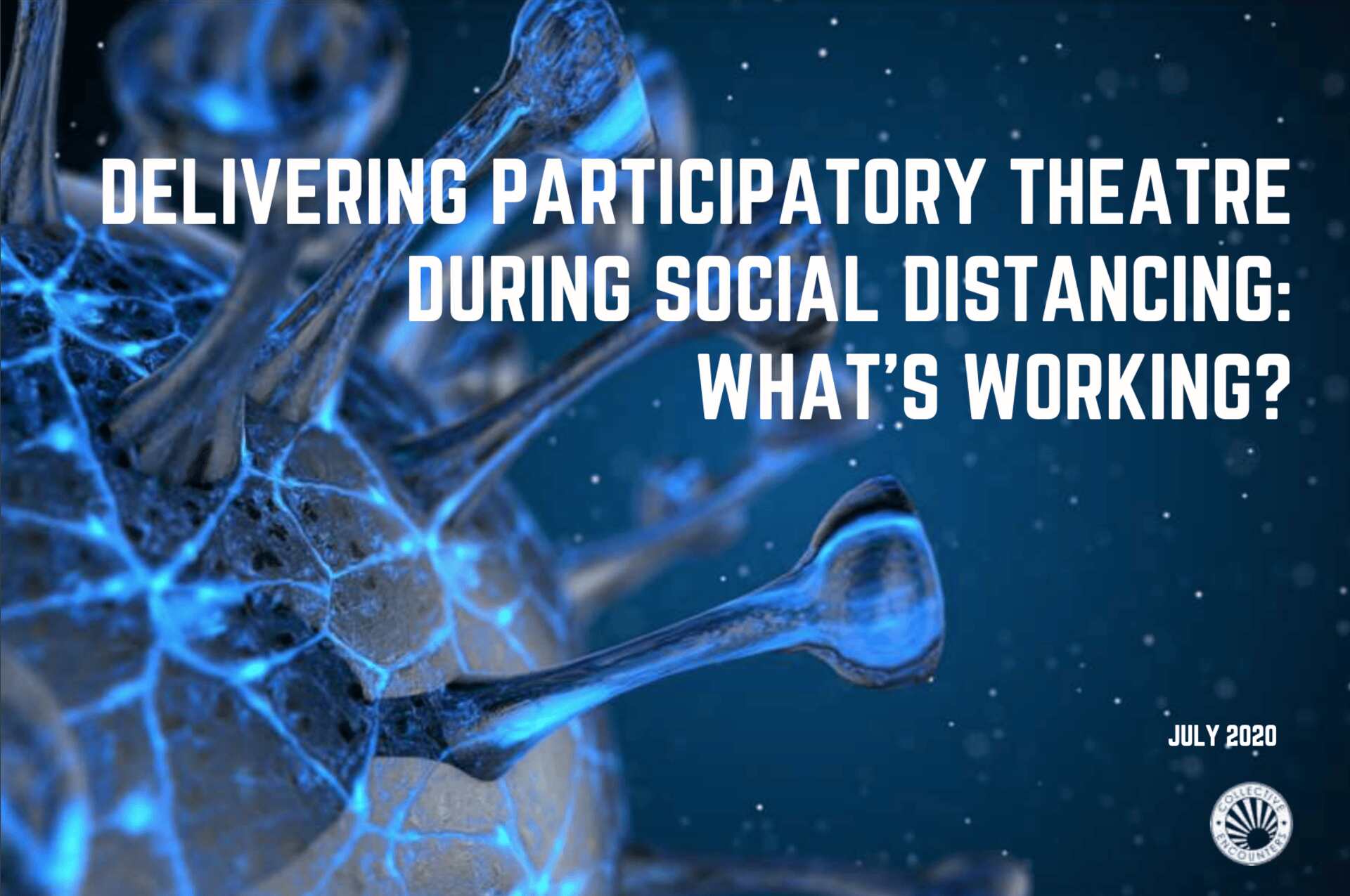
Delivery during social distancing – What’s working?
View a summary of findings from four sector development sessions hosted by Collective Encounters’ Centre for Excellence in Participatory Theatre and attended by over 300 participatory theatre makers. This document highlights challenges, opportunities, needs and resources, encountered during the COVID-19 restrictions.
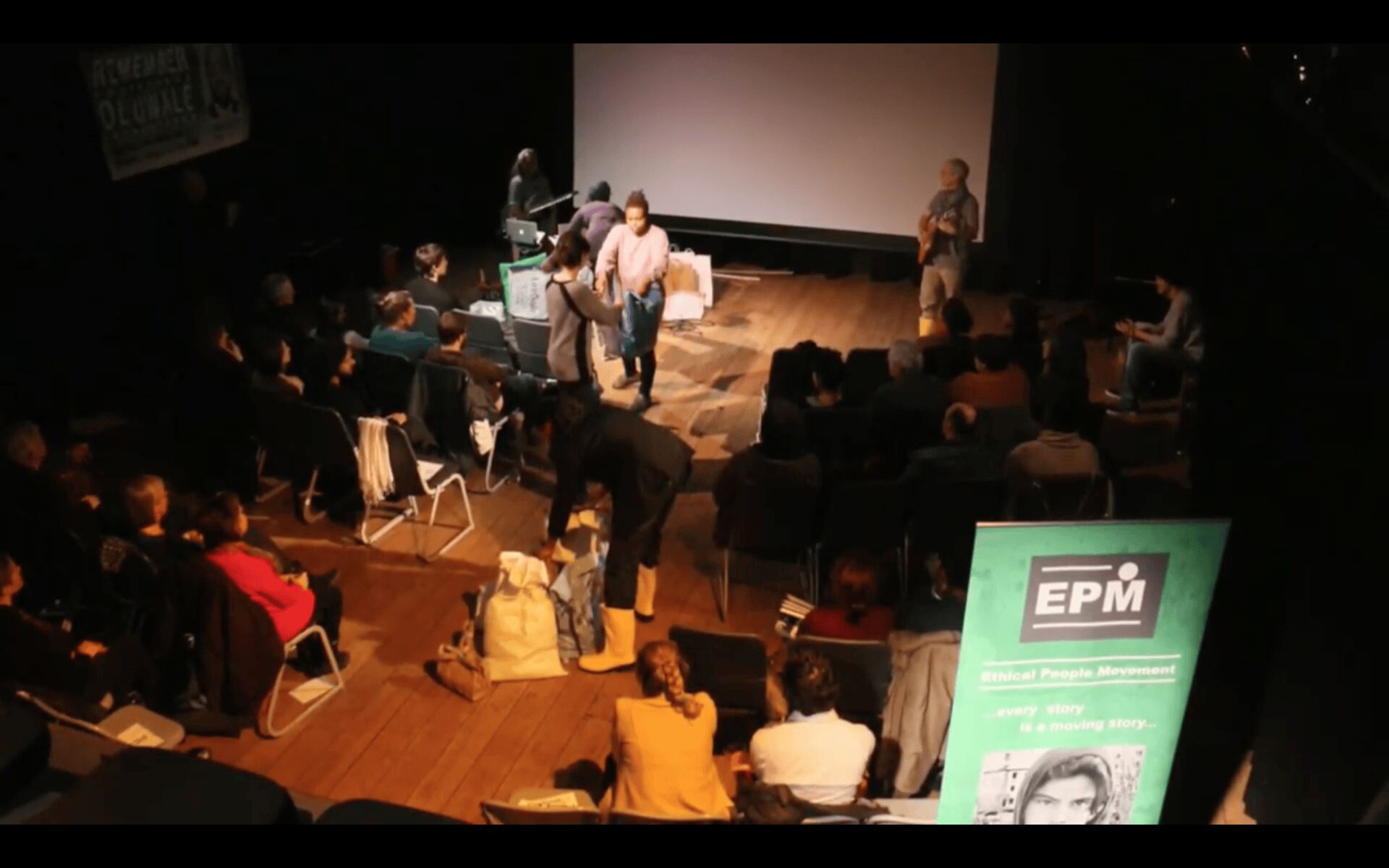
Making Digital Participatory Theatre
A series of filmed essays and case studies, from Maya Chowdhry and Collective Encounters, that explore making participatory theatre using digital means and platforms both before and during the COVID-19 pandemic. Themes include how different digital production and distribution methods engage audiences.
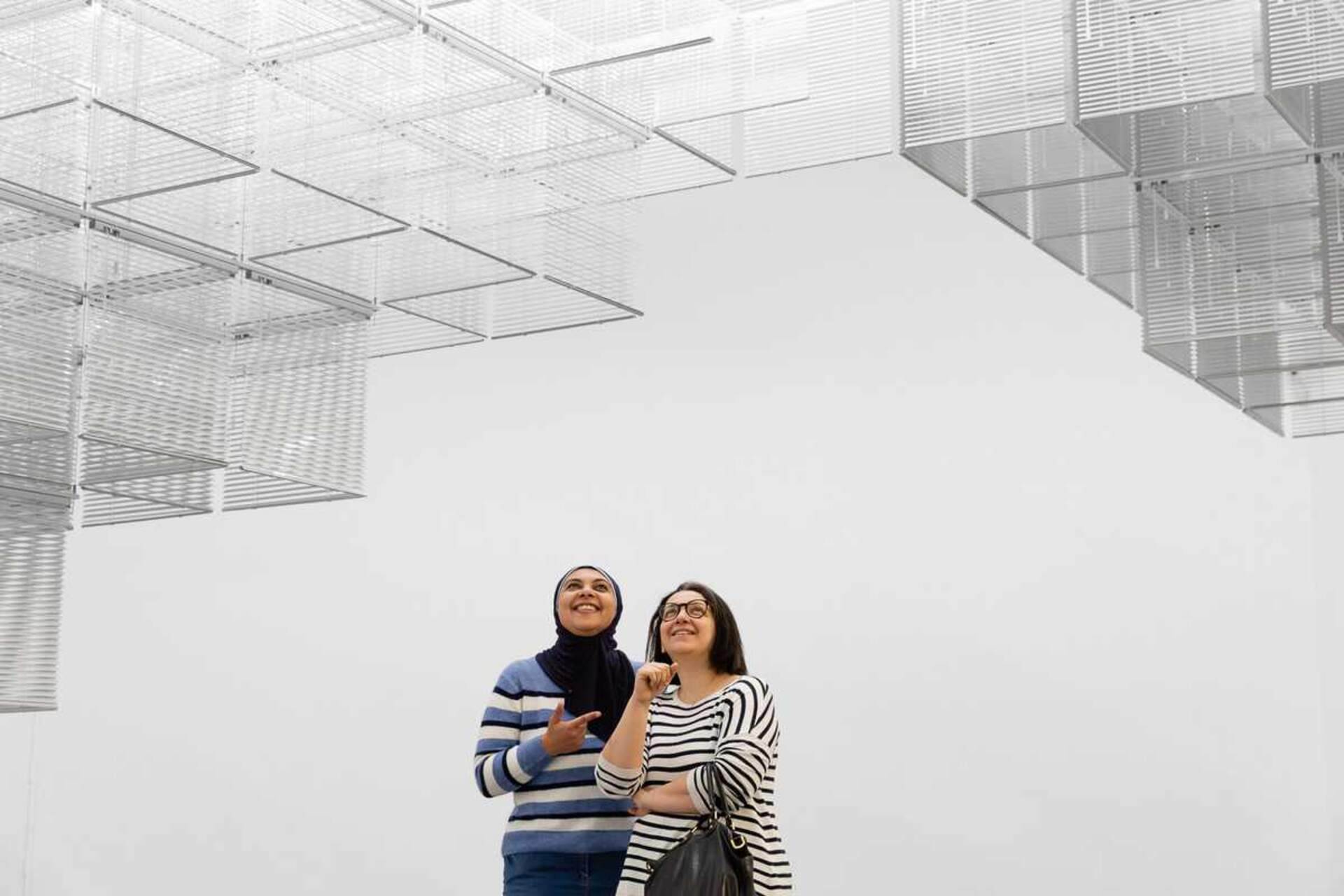
Wellbeing and Art
A suite of online resources from Tate including articles, videos, podcasts and artworks that explore connections between art and wellbeing. These include exploring techniques of slow looking and mindfulness through engaging with art in Tate’s collection to help combat feelings of anxiety and stress.
Tate Liverpool also runs a 2-day course, Caring for our Carers, which is aimed at caring professionals and explores similar techniques